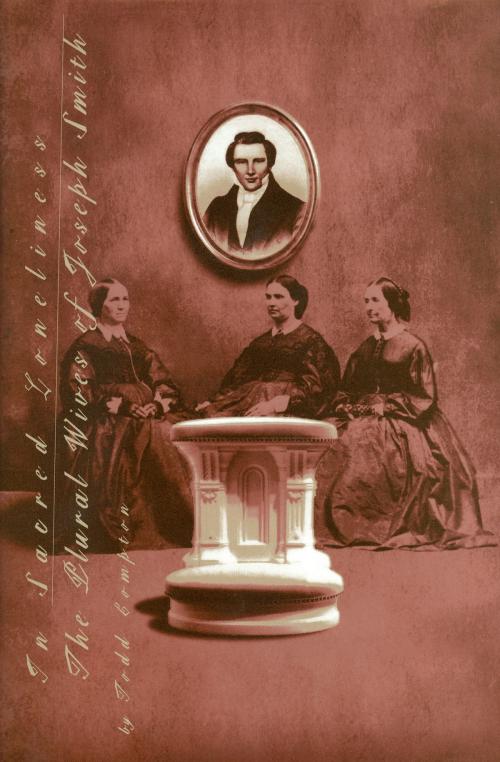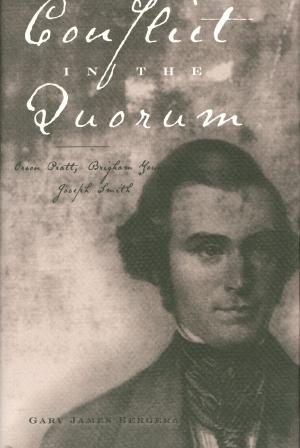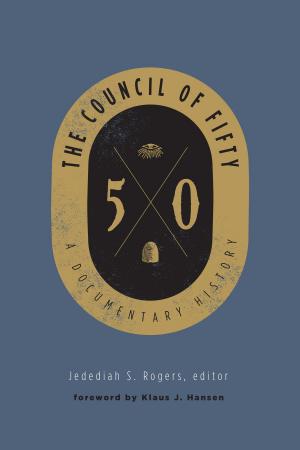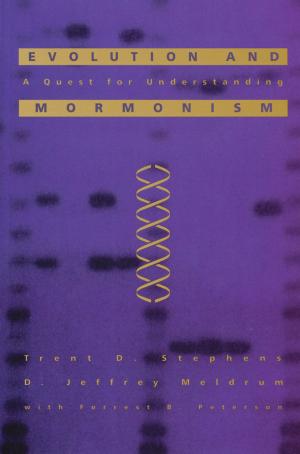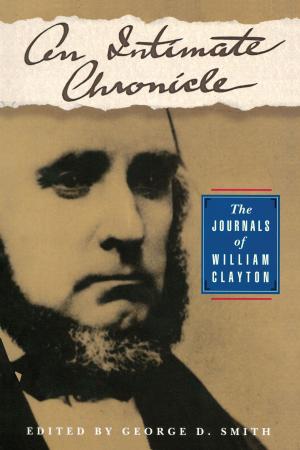In Sacred Loneliness
The Plural Wives of Joseph Smith
Nonfiction, Religion & Spirituality, Christianity, Denominations, Mormonism| Author: | Todd Compton | ISBN: | 9781560852995 |
| Publisher: | Signature Books | Publication: | December 15, 1997 |
| Imprint: | Signature Books | Language: | English |
| Author: | Todd Compton |
| ISBN: | 9781560852995 |
| Publisher: | Signature Books |
| Publication: | December 15, 1997 |
| Imprint: | Signature Books |
| Language: | English |
Beginning in the 1830s, at least thirty-three women married Joseph Smith, the founder of Mormonism. These were passionate relationships which also had some longevity, except in cases such as that of two young sisters, one of whom was discovered by Joseph’s first wife, Emma, in a locked bedroom with the prophet. Emma remained a steadfast opponent of polygamy throughout her life.
The majority of Smith’s wives were younger than he, and one-third were between fourteen and twenty years of age. Another third were already married, and some of the husbands served as witnesses at their own wife’s polyandrous wedding. In addition, some of the wives hinted that they bore Smith children—most notably Sylvia Sessions’s daughter Josephine—although the children carried their stepfather’s surname.
For all of Smith’s wives, the experience of being secretly married was socially isolating, emotionally draining, and sexually frustrating. Despite the spiritual and temporal benefits, which they acknowledged, they found their faith tested to the limit of its endurance. After Smith’s death in 1844, their lives became even more “lonely and desolate.” One even joined a convent. The majority were appropriated by Smith’s successors, based on the Old Testament law of the Levirate, and had children by them, though they considered these guardianships unsatisfying. Others stayed in the Midwest and remarried, while one moved to California. But all considered their lives unhappy, except for the joy they found in their children and grandchildren.
Beginning in the 1830s, at least thirty-three women married Joseph Smith, the founder of Mormonism. These were passionate relationships which also had some longevity, except in cases such as that of two young sisters, one of whom was discovered by Joseph’s first wife, Emma, in a locked bedroom with the prophet. Emma remained a steadfast opponent of polygamy throughout her life.
The majority of Smith’s wives were younger than he, and one-third were between fourteen and twenty years of age. Another third were already married, and some of the husbands served as witnesses at their own wife’s polyandrous wedding. In addition, some of the wives hinted that they bore Smith children—most notably Sylvia Sessions’s daughter Josephine—although the children carried their stepfather’s surname.
For all of Smith’s wives, the experience of being secretly married was socially isolating, emotionally draining, and sexually frustrating. Despite the spiritual and temporal benefits, which they acknowledged, they found their faith tested to the limit of its endurance. After Smith’s death in 1844, their lives became even more “lonely and desolate.” One even joined a convent. The majority were appropriated by Smith’s successors, based on the Old Testament law of the Levirate, and had children by them, though they considered these guardianships unsatisfying. Others stayed in the Midwest and remarried, while one moved to California. But all considered their lives unhappy, except for the joy they found in their children and grandchildren.
